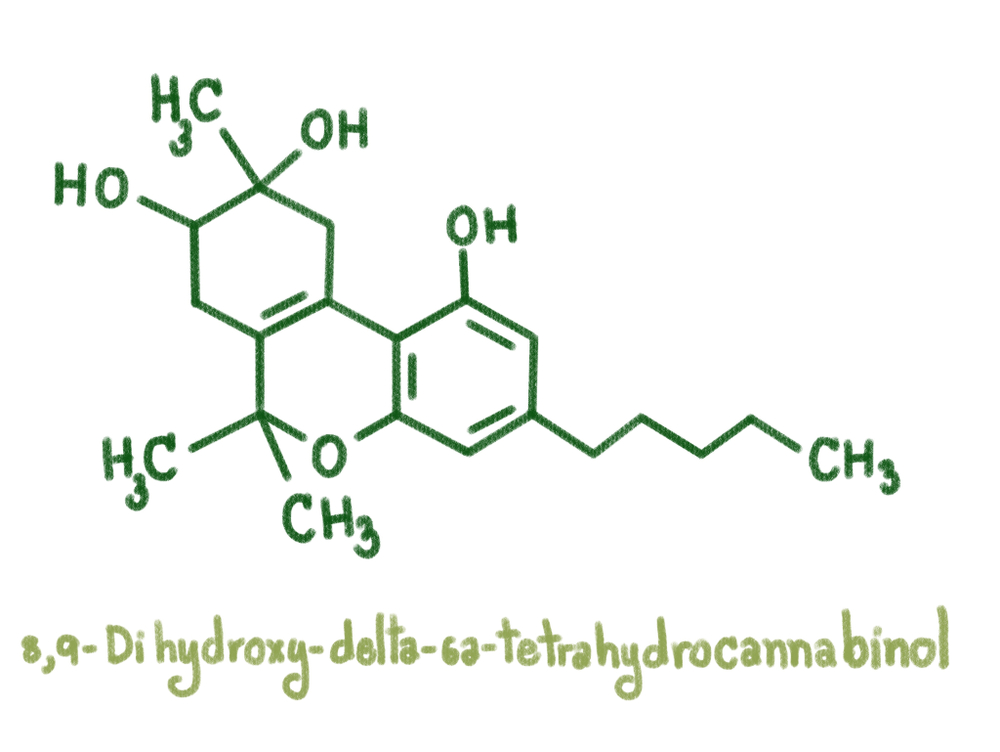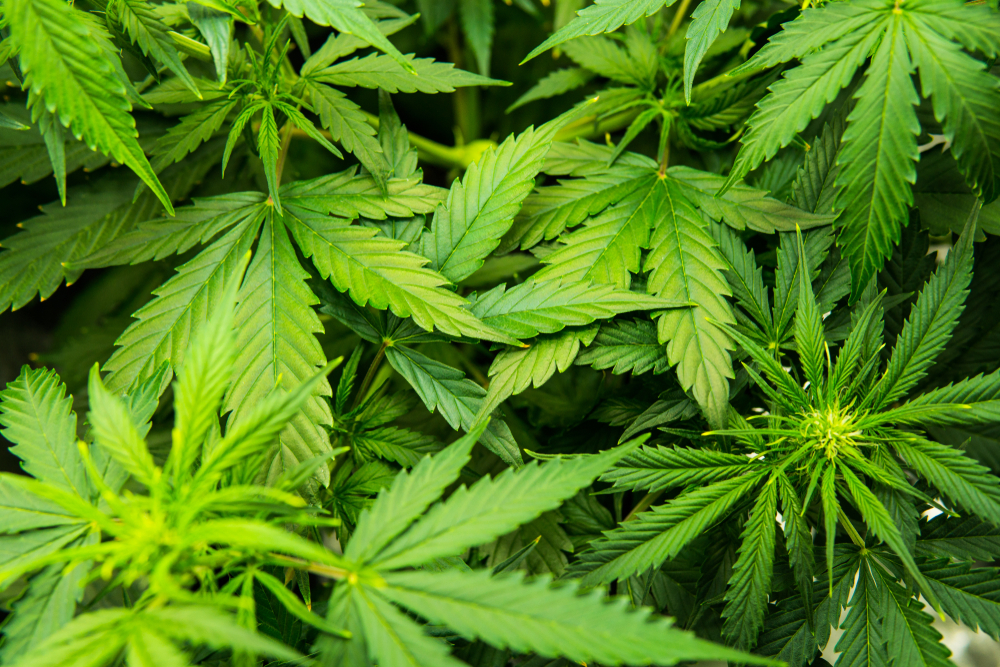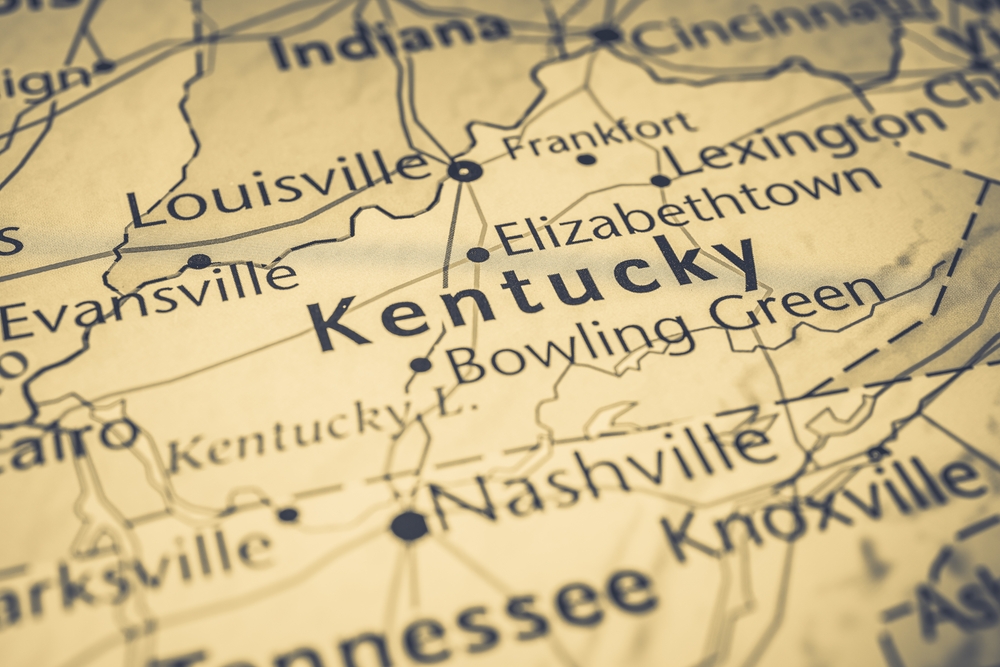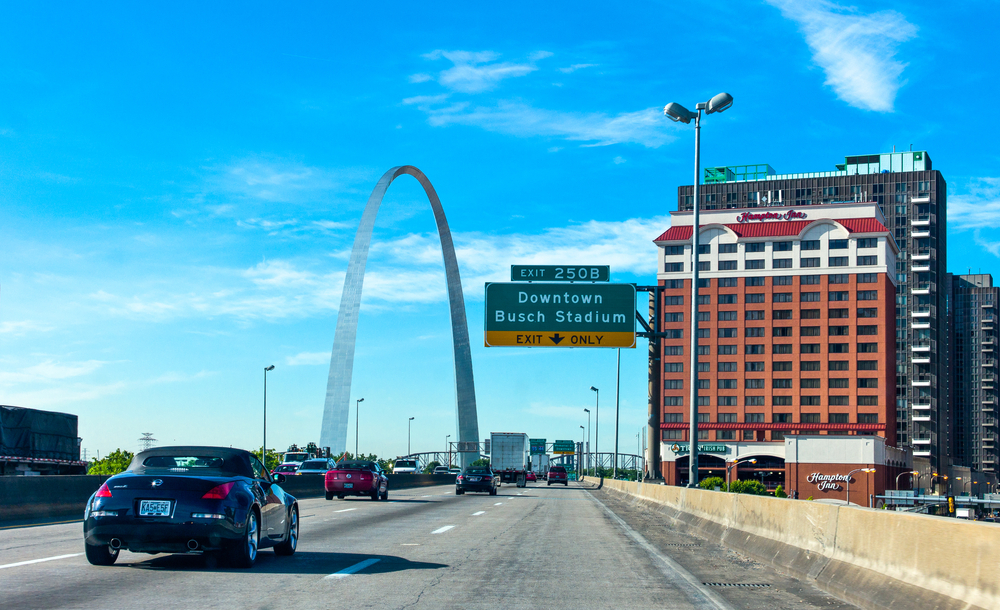What's Going on with Delta 9 THC?
By MK Thomson
July 29 2023
As marijuana becomes legal on the state level throughout the country, more (albeit still limited) research is going on with this wondrous plant. Out of these new scientific and horticultural endeavors, we now know about and love all kinds of new components of the marijuana plant and its sibling plant, hemp. It wasn’t too long ago that the shiny new cannabis component was the cannabinoid delta-9 THC, which is found in both marijuana and hemp (i.e. it’s a cannabis component. Important note for later).

Delta-9 THC, short for delta-9-tetrahydrocannabinol (try saying that when you’re stoned!), is the magical compound responsible for the euphoric effects we know when partaking of marijuana. Found in both marijuana and hemp plants, this cannabinoid has been the subject of a lot of fuss. Chemically identical regardless of its source, delta-9 THC differs between hemp and marijuana in legal implications due to varying regulations from state to state. As does its sibling cannabinoid: delta-8 THC, which is not as strong as 9, it still can get folks high.
While some states have embraced its presence in hemp-derived products, marijuana remains a controlled substance at the federal level (grrr, c’mon already Washington!). Understanding the distinctions between these two forms of delta-9 and delta-8 THC is important to know, especially for marijuana enthusiasts who might be visiting another state.

Back in 2018, the federal government (actually) passed legislation regarding hemp. As a part of the Farm Bill of 2018, hemp production in states, territories, and on tribal lands was legal and the crop was also protected from losses – the same way other farm crops are federally protected. This was a huge step for national marijuana legality in that something was done – but still a far way away from full legalization. I digress.
So back to the Farm Bill of 2018. With the legalization of hemp production (and the increase of marijuana legalization at the state level) came an increase in the amount of research that was done, which led to a further understanding of the various components in all the plants. This included further understanding of the cannabinoids: delta-8, -9, and -10 THC, with delta-9 being the primary psycho-activating component. It was discovered that delta-9 was present in not only marijuana but also in hemp.

The 2018 bill mentioned delta-9, with its limit being 0.3% of the finished product, but it did not mention delta-8 THC – – which though not nearly as potent as delta-9 THC could give a euphoric feeling. This led to a plethora of hemp-derived delta-8 THC products flooding the market, particularly in states that have yet to legalize marijuana at either the medical or recreational level.
Then states started to catch on. For those states, like Missouri, where marijuana is legal on some level, this is not really an issue. But in states where marijuana is still illegal, state governments are starting to crack down on hemp-derived delta-8 and -9 THC that’s higher than 0.3% in the products. While they can’t outlaw hemp altogether, they can regulate the amount of each cannabinoid that is in products sold in their states.
Take Kentucky and Virginia for example
Over in Kentucky and out in Virginia, where hemp regulations are taking center stage. Kentucky’s governor and legislature are diligently working to regulate hemp-derived delta-8 THC products. Stricter age restrictions, rigorous health and safety testing requirements, and meticulous packaging and labeling standards are in the works for these captivating offerings.
Way over in Virginia, a recent bill has been introduced, demanding businesses involved in manufacturing or selling hemp extracts to obtain the state’s license and adhere to specific packaging and labeling criteria. Additionally, there’s a defined limit on the allowable THC content in individual hemp products, demonstrating the thoughtful approach to regulatory measures.

Shifting focus back to the federal spotlight: it looks like the Farm Bill is on the brink of potential revision. Over time, the Farm Bill has played a pivotal role in accepting hemp, liberating it from the category of controlled substances, and laying some (very small) steps towards full legalization (or heck, we’ll take just a simple rescheduling!). However, the FDA is now aware of the loopholes in the various cannabinoids that are present in hemp, prompting discussions about the possibility of stricter regulations in 2023.
The hemp industry in Missouri is on the verge of some serious transformations. As a responsible Missouri marijuana user, it’s important to remain informed and prepared when navigating this evolving hemp landscape with vigilance and adherence to the rules – especially if you’re traveling out of state.
As the Missouri marijuana scene undergoes constant developments, staying ahead of the curve is within your control. Keep a watchful eye on any shifts in Missouri’s hemp – and marijuana – regulations, then you’ll always be in-the-know. Always prioritize compliance. Before indulging in hemp-derived products on your next out-of-state adventure, be sure they align with the state’s regulations. Embrace quality control as your ally, guaranteeing the enjoyment of safe and top-notch products.

Your responsible approach will ensure a satisfying and secure experience as you navigate the dynamic world of hemp-derived offerings. And it would be wise to just not fly with any hemp products, just to be safe. And do we really have to say again not to cross state lines with marijuana products? Hopefully not. 🙂
Of course, all of this will be in our rearview mirrors once the federal government finally reschedules marijuana from a Schedule 1 drug to a lower classification. But with the never-ending barrage of political turmoil on so many fronts, overcoming the rescheduling hurdle on the federal level doesn’t look like something that’s going to happen anytime soon.
Until then, just keep checking with the state-level authorities on their stance on delta-whatever and any other new developments. As always, stay tuned to our blog here – we’ll do our best to keep you up-to-date, and your local budtender at your fave dispensary.
